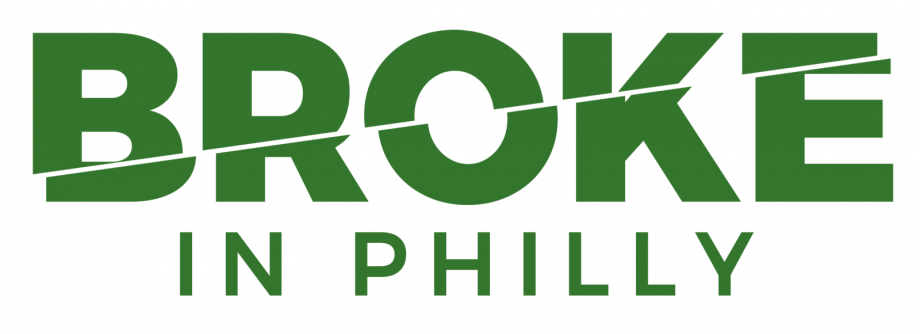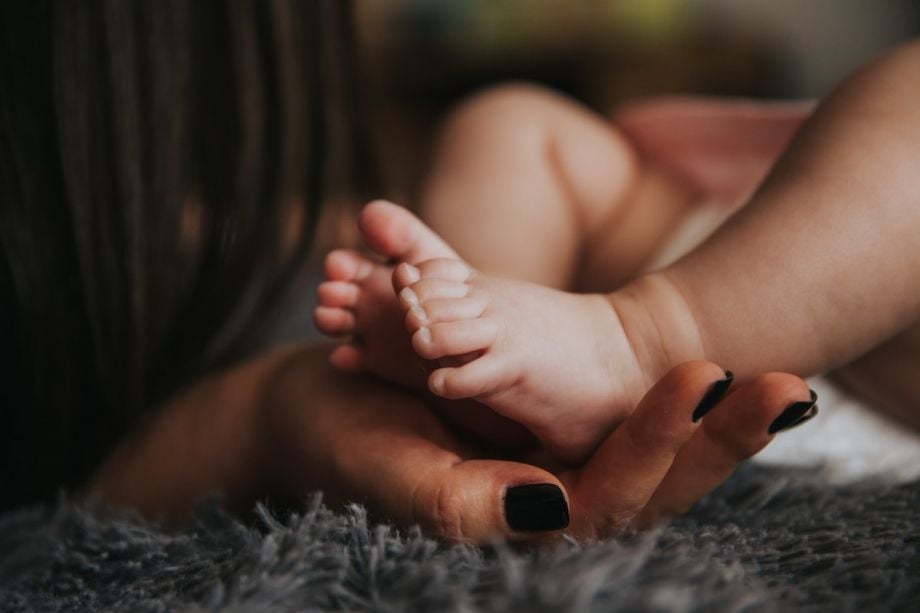This story was originally published by Billy Penn and appears here as part of the Broke in Philly reporting collaborative.
People giving birth at Temple University Hospital now have the opportunity to give immediate feedback on the care they receive thanks to a new app aimed at improving prenatal and postpartum care for families of color.
Called Irth — as in “birth without the B” for bias — the free app allows people to leave Yelp-like reviews and ratings of OB-GYNs, pediatricians, nurses, and other staff they encounter.
“Community members will be excited to tell their stories” and to find that “there’s a place to tell their stories,” says Saleemah McNeil, CEO of the Oshun Family Center, who is helping implement Irth at Temple, the first Philadelphia hospital to adopt it.
“[It will] provide the data that is necessary to provide the information to eradicate Black maternal mortality,” McNeil adds. “You don’t know what you don’t know.”
Black women have an unusually high maternal mortality rate. In Philadelphia, they made up 43% of births between 2013-2018, but accounted for 73% of the pregnancy-related deaths.
“We don’t want patients to feel pressured, but we do want the feedback,” says Gail Herrine, Temple University Hospital’s postpartum medical director and obstetrics professor at Temple’s medical school. She says she was “proud” of Temple leadership for committing to this pilot and for wanting to change.
Getting feedback from birthing patients has been difficult, Herrine says, and deliveries have been gradually decreasing for unknown reasons. Temple would like to see those numbers start to increase again — and to attract women who want to give birth there, not just women who “default” there for insurance or other reasons.
Of the 2,200 baby deliveries at the North Philly hospital between June 2020 and June 2021, nearly 90% were covered by Medicaid, according to Temple statistics. More than three-quarters of people who give birth there are women of color, per McNeil of the Oshun Family Center.
To date, families of color bringing babies earthside have had a “less than stellar experience” at Temple University Hospital in terms of “communication” and their “overall experience with providers,” McNeil says, based on her conversations with people in the community.
As part of the pilot of Irth, which was created by Kimberly Seals Allers of NYC tech nonprofit Narrative Nation, the hospital will hang posters in patient rooms explaining how it works.
“Everyone deserves an empowered birth experience where they are honored and respected for who they are, not treated differently, disrespectfully, or inadequately because of who they are,” Seals Allers says on the Irth website.
At Temple, there will also be wraparound services to complement the app. McNeil helps curate the Maternal Wellness Village — a community of therapist, doulas, lactation consultants, holistic healers, registered nurses, and infertility warriors — and it will help as Temple hires and trains four doulas who will act as “ambassadors” to spread the word about the app and walk people through how it works.
Anyone using the app will be able to check out others’ reviews to help inform their decisions about OB-GYN care, but the real-time commentary also makes it invaluable for the medical professionals, said Herrine, the postpartum medical director.
“The great thing is that the hospital is getting that feedback as well,” Herrine says. “It’s not just a Yelp review. We can look at the data ourselves and can make changes.”

Next City is one of more than 20 news organizations producing Broke in Philly, a collaborative reporting project on economic mobility. Read more at brokeinphilly.org or follow at @brokeinphilly.

Courtenay Harris Bond is a Philadelphia-based freelance journalist, who covers addiction, homelessness, poverty, mental health and other social issues. She is a 2018 Rosalynn Carter Fellow for Mental Health Journalism. Her work appears in The Philadelphia Inquirer, Billy Penn, Philadelphia Weekly, Time.com, Next City and other outlets. She co-produced a series of documentary shorts about the opioid crisis in Kensington, Philadelphia, with photographer Jeffrey Stockbridge and editor Hunter Siede. Courtenay is currently collaborating with a Spanish filmmaker on a documentary about the global impacts of COVID-19.








